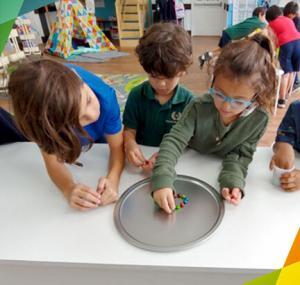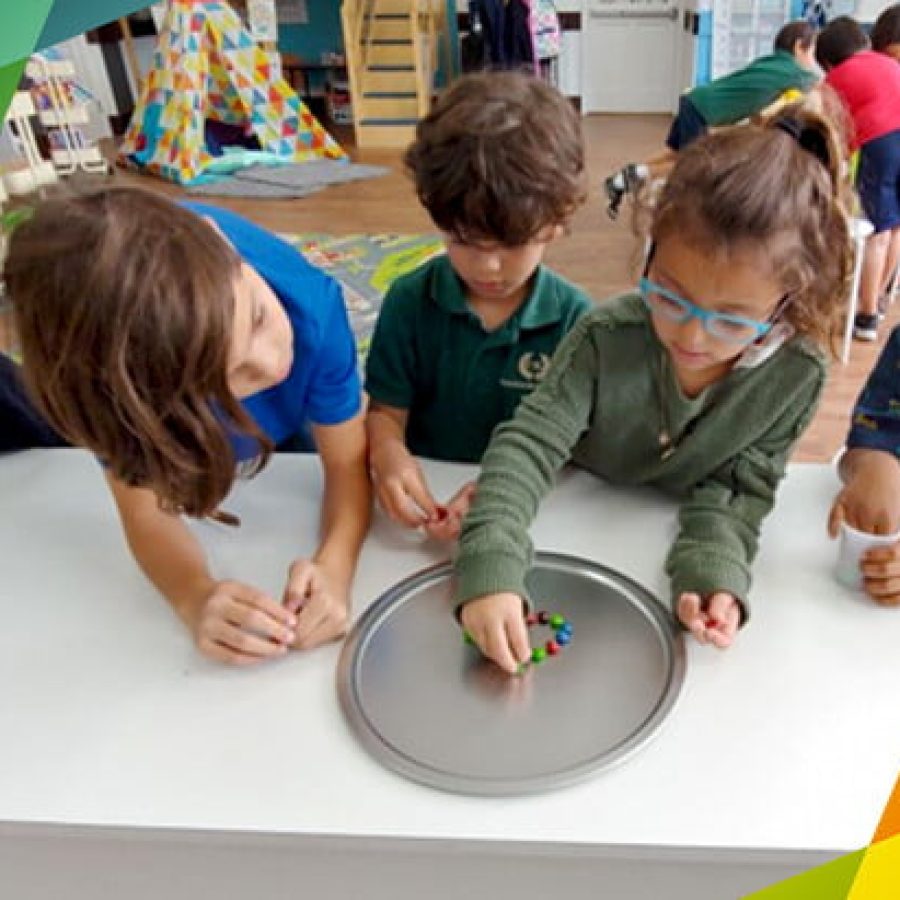
Children are the same way. But many children tend to thrive when they are in social situations with other children rather than exclusively with adults. It’s their natural response to their environment.
Child vs Adult Socialization
The biggest difference between children and adults is the obvious one: Maturity. Children’s minds haven’t yet developed as their parents or other adults. They also lack the life experience from which they will learn so many important lessons.
So when a child is put into a social situation in which they are the only child in a room full of adults, they can’t interact on the same intellectual or social level as the other people. Even the smartest and most precocious child will still be only a child among grownups.
But when that same child is put into a social situation composed entirely of children, they not only feel more comfortable and at ease, but they also can interact on a peer-to-peer level. And that promotes the healthy development of both their minds and their socialization skills.
Smart Kids
Taking that one step further, when children are introduced to a social pool of other children who are intelligent, naturally curious, and socially forward, it may be easier for them to absorb these qualities as their own. Children and adults alike tend to rise to the level of the company they keep.
That’s why The Amazing Explorers Academy is such an appealing option for parents who want their children to develop the social and intellectual skills that allow them to succeed in life.


